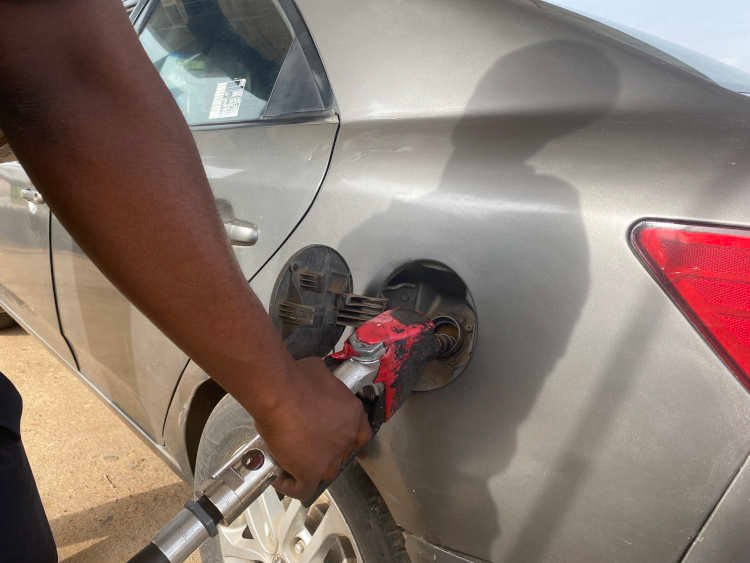It appears there is something President Bola Tinubu’s administration is not telling Nigerians concerning the removal of fuel subsidy.
Development Diaries reports that the Managing Director of Pinnacle Oil and Gas Limited, Robert Dickerman, has revealed that Nigeria is currently paying about one trillion naira monthly for petrol subsidy.
Dickerman disclosed this while speaking during a panel session on Nigeria’s Downstream Forum at the Nigeria International Energy Summit (NIES) in Abuja.
This revelation contradicts President Tinubu’s statement on the withdrawal of fuel subsidy during his inaugural address on 29 May, 2023.
The Nigerian government’s silence on reports that the country has resumed petroleum subsidy payments leaves room for doubt in the minds of citizens, widening the already existing distrust gap.
Recall also that the World Bank disclosed in its Nigeria Development Update for December 2023 that the Nigeria National Petroleum Corporation Limited (NNPCL) is not transparent about the financial gains from fuel subsidy removal.
The bank also expressed concern that, without government intervention, the fuel pump price should be around N750 per litre, not the current price of N650/N680 as sold in some retail outlets.
These disclosures have created doubt in the minds of Nigerians on whether President Tinubu’s ‘subsidy is gone‘ statement in May 2023 was made just to score political points.
The failure of this government to be transparent and accountable to its citizens only widens the gap for distrust and resentment.
The removal of fuel subsidies, according to the Tinubu-led government, was intended to resolve the country’s fiscal issues, but it has also worsened living conditions, with the disposable income of Nigerians steadily declining due to inflationary pressures.
No Nigerian citizen would be happy to hear that fuel subsidies are still being paid after all.
Trust is the foundation of any functioning democracy. When citizens perceive that their government is not being open and honest with them, trust in public institutions diminishes.
This is why there continues to be scepticism about government actions and policies, which has led to suspicion and disengagement from the political process.
Furthermore, when it seems there is a lack of accountability at the national level, this can damage Nigeria’s reputation on the international stage, which can hinder foreign investment, undermine diplomatic relations, and jeopardise international aid and cooperation.
The Nigerian government must understand that this development is breeding cycles of distrust, leading to a vicious cycle of disengagement among the populace.
Development Diaries calls on the Minister of Finance, Wale Edun, to confirm to Nigerians if the government has indeed resumed petroleum subsidy payments.







